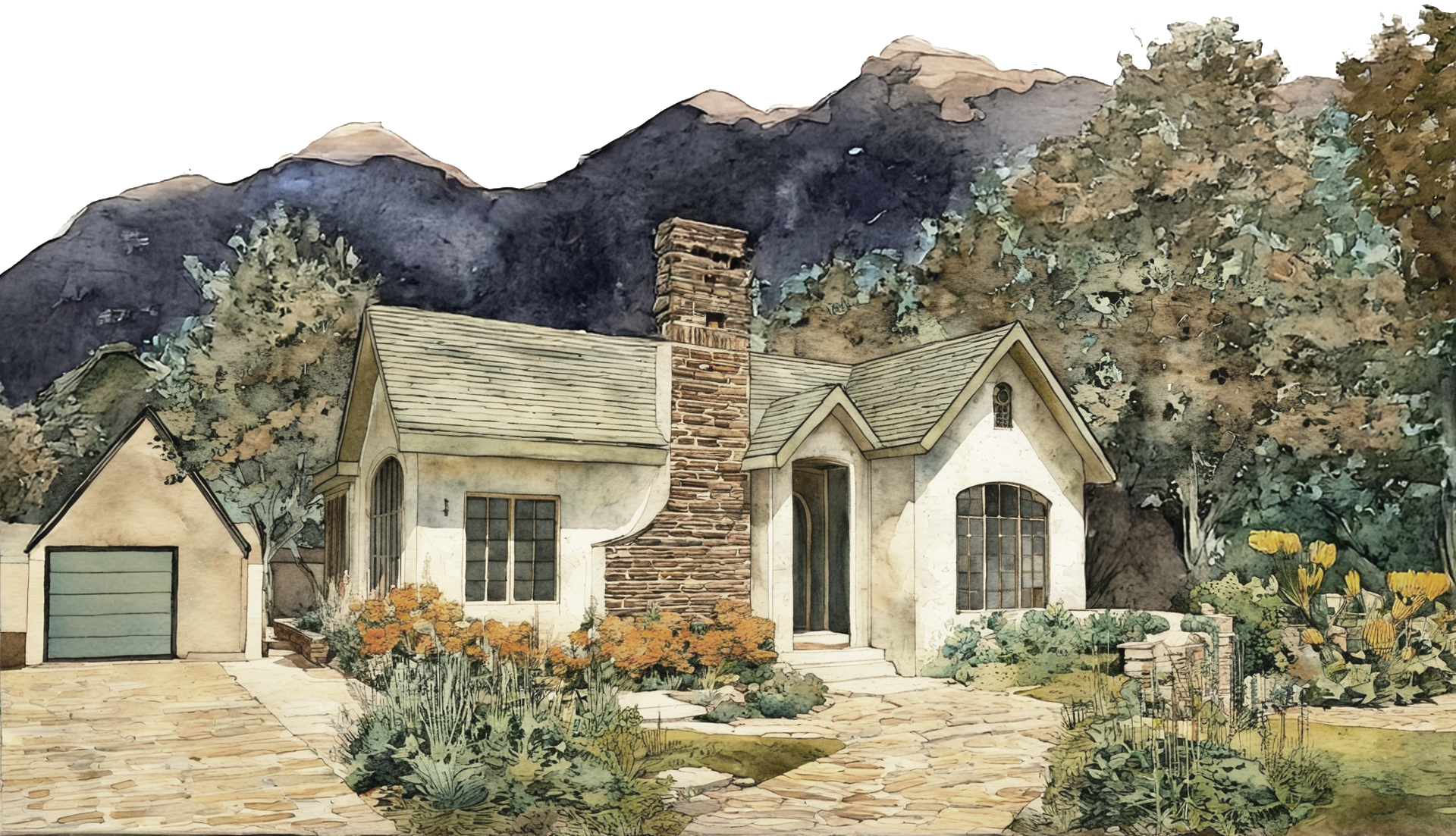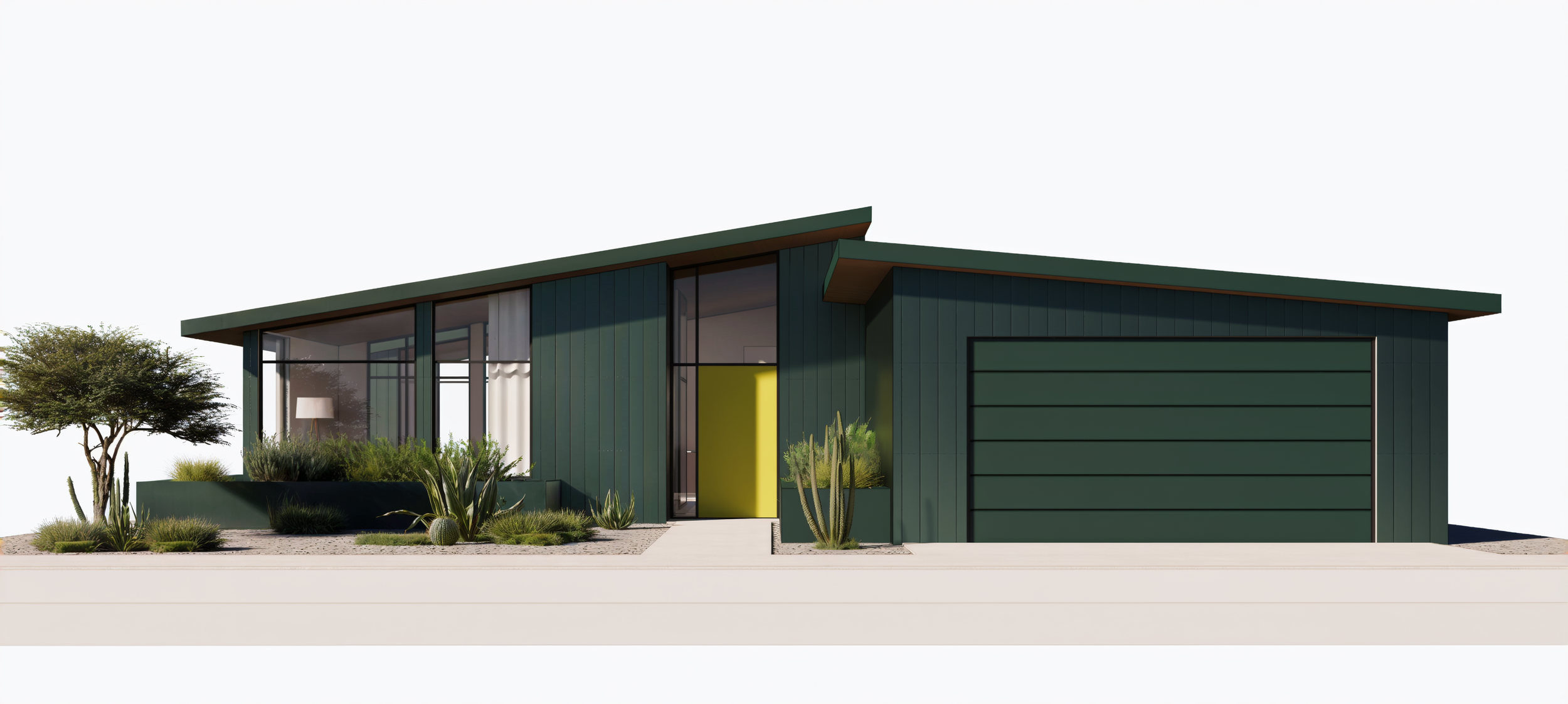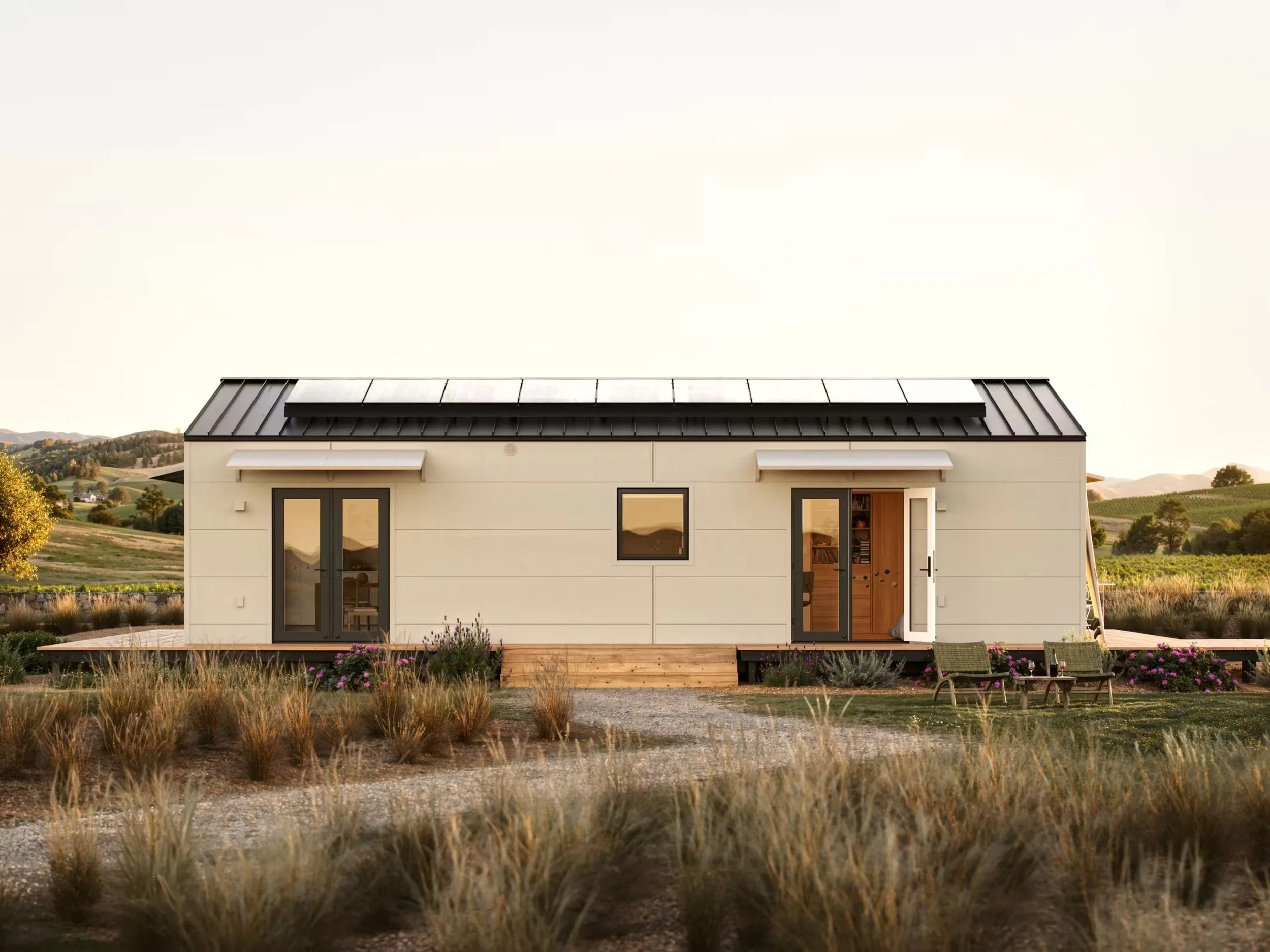
“Can I rebuild?”
“How does it work? How much will it cost? Where do I start?”
Here’s a quick guide to making a decision that’s right for you.
*This information has been checked for accuracy and non-bias by licensed professionals, subject matter experts, and previous survivors. Consult with a licensed professional about your specific situation.
You may be asking yourself
“can I pull
this off?”
Your budget is only one factor in deciding how to rebuild - how long it takes and how hard it will be also matter. The choice is deeply personal.
The good news: many organizations offer discounts and resources to help fire survivors rebuild. Let’s start with some prompts to help clarify your path.
first
What’s
your
budget?
Experts advise starting with your total budget and backing your options into it.
We made a calculator to help you understand what you have and what you can build for it.
second
What’s
your
timeline?
Assess how long you can realistically stay displaced. Consider your budget (existing mortgage, current living costs, moving expenses), as well as your physical health, and emotional well-being. Will not having a permanent home for a while be manageable?
Depending on how much time you have, you can whittle down some build options:
12–18+ months: Custom build (designing a house with an architect) is potentially realistic.
Up to 12 months: Custom build possible, but standardized or pre-approved plans (minor or no changes to an existing design) may be safer.
6-8 months: Consider pre-fab (home built in a factory and assembled or installed on site) solutions.
Less than 8 months: Look at ADUs, temporary homes, or trailers. (You can live in ADUs and temporary homes on your lot for up to three years after the fires.)
third
What’s
your
bandwidth?
Building a house from the ground up is a lot of work. It can be fulfilling - even fun -but that depends on a few things.
Do you have time to manage the process? If not…
Do you have the budget to hire an owner’s rep or project manager to oversee the construction?
Does your budget allow for your architect to oversee the build?
Are you the type of person who thrives on having a project? If not…
Do you have a support system that can help? (Partner, family, etc)
If your budget isn’t robust…
Are you the type of person who can DIY and get scrappy to pull it off? If so, we have a guide coming for you soon.
consider
the effects of
selling
Operation Hope and Project Porchlight offer free financial counseling for disaster survivors.
A few things to weigh:
If you’re part of a lawsuit, (like against SCE), ask your attorney how selling your lot could affect your settlement.
If you don’t have an attorney yet, see our guide to hiring a good one.
What to ask: “What is diminution in value, and how might it affect my settlement?”
Property values often rise in communities rebuilt after disaster. Rebuilding could increase your home equity.
Consult a financial advisor about the bigger picture - how selling vs. rebuilding impacts your finances and taxes.
Once rebuilt, can you
afford to stay?
If you do rebuild, will you be able to afford your monthly bills? Here are some things to consider:
“How much will construction loans add to my monthly budget?”
This depends on whether you will need to take out loans to pay for the build.
TIP
SBA Disaster loans have some of the lowest interest rates in the country. If you applied and were denied, you have several months to appeal.
“How much will my new insurance add to my monthly budget?”
If you don’t rebuild with resiliency measures, getting regular insurance may be harder. Falling back on the CA FAIR Plan means you’ll need a separate supplemental policy for personal property, loss of use, and other coverage gaps.
Question for your architect/builder: “Is my home designed to IBHS “Wildfire Prepared” standards?”
TIP
Building to IBHS “Wildfire Prepared” standards can lower your monthly insurance premiums - and grants are available to help cover the added construction costs.
“How much might my new tax bill add to my monthly budget?”
If you make your home bigger or nicer, the Tax Assessor may reassess it, raising your property taxes.
Ask your accountant, financial advisor, or Disaster Case Manager to help estimate your new bill.
Question for your architect/builder: “Is there any way to estimate what the assessor will value this house at?”
“How will having an all-electric home change my budget?”
An all-electric home can save you about $1,800 a year on power bills and may qualify you for rebates and incentives (especially if you’re low-income).
On average, going all-electric doesn’t add to rebuild costs - skipping gas lines plus incentives usually cancels out any extra expense.
Check out Rewiring America’s calculator to see your potential savings.
some reduced-Cost
build options
More architects and builders are preparing offerings for survivors. If you’d like to be made aware when these become available, enter your email below.
*PostFire does not earn a listing or referral fee, and does not endorse any vendor, architect or contractor. Hire at your own discretion.
bipoc architects
The Southern California chapter of the National Organization of Minority Architects has compiled a list of BIPOC architects who are available for fire rebuild services. Find that here.
*PostFire does not endorse any vendor, architect or contractor. Hire at your own discretion.
Tip
If you’re having a hard time with the financials and would like some support, Operation Hope and Project Porchlight offer free financial guidance for disaster survivors.
Office of Office also offers free financial assessments for Eaton total loss survivors of color.
what if
you’re
uninsured
There are new resources popping up for uninsured folks and we’ll continue to make you aware of them, but here are a few options:
Consult with HPP Cares, NHS or request a Disaster Case Manager from FEMA by calling 1-800-321-3362
Use an SBA loan if you were approved for one - you may be able to borrow up to $500k for your home, $100k for personal property, and $100k for home hardening.
Consider applying for a Habitat For Humanity build. They have collaborations with Foothill Catalog that are beautiful.
More solutions are emerging!
what if
you need
to sell
Circumstances may be such that you need or want to sell. If you have consulted with your attorneys and financial advisors and would like to proceed with selling:
Consider speaking to someone at Greenline Housing about how to sell ethically and what assistance options they might have.









